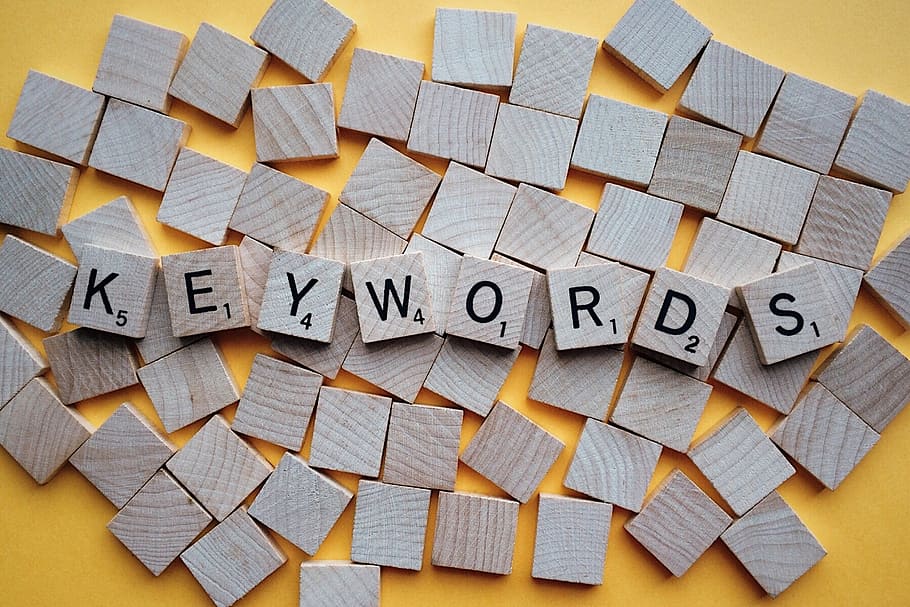Once upon a time in the vast world of digital marketing, a harmonious symphony could be heard, captivating audiences far and wide. Marketers would weave their magic, using the intricate web of personal data to create customized experiences for internet users. But amidst this enchanting melody, a discordant note loomed large – the threat to privacy and data protection. Enter the European Union’s General Data Protection Regulation (GDPR), an emblematic piece that seeks to safeguard individuals’ rights in the digital realm. In this article, we delve into the symphony of digital marketing, exploring how GDPR has added a new dimension to the composition. Brace yourselves for the Safeguarding Symphony, where harmonizing digital marketing with GDPR takes center stage.
The Safeguarding Symphony: Harmonizing Digital Marketing with GDPR
In the digital marketing era, where personal data drives targeted advertising and personalized experiences, it is crucial to strike a delicate balance between marketing strategies and compliance with the General Data Protection Regulation (GDPR). The GDPR has revolutionized the way businesses collect, process, and protect personal data, aiming to enhance individuals’ privacy rights. As digital marketers, understanding the intricacies of GDPR compliance is essential to safeguard both our customers’ data and our reputation.
To achieve harmony between digital marketing and GDPR, it is vital to grasp the comprehensive overview of the regulation. The GDPR encompasses a wide range of principles and requirements that organizations must abide by when collecting, processing, and storing personal information. Familiarizing ourselves with these guidelines is the first step towards successful compliance. Proper consent management, data minimization practices, and clear privacy policies are just a few areas that need careful attention to align with the GDPR’s expectations.
Strategies for building consumer trust in the digital marketing era rely heavily on transparency and ensuring user consent. By implementing effective tools and techniques, businesses can improve transparency in their data processing activities. Emphasizing the importance of consent management enables marketers to build trust with their audiences. Furthermore, a personalized experience can still be achieved while respecting individual privacy rights. Adopting best practices that prioritize both personalization and privacy can strengthen the relationship between businesses and their customers, resulting in a win-win situation for all parties involved.
Q&A
Q: What is the GDPR and why is it important for digital marketing?
A: The General Data Protection Regulation (GDPR) is a set of regulations implemented by the European Union (EU) to protect the personal data and privacy of EU citizens. It is important for digital marketing because it ensures that individuals have control over their data and that businesses handle this data with transparency and security.
Q: How does the GDPR impact digital marketers?
A: The GDPR has a significant impact on digital marketers as it requires them to obtain explicit consent from individuals before collecting and processing their personal data. It also gives individuals the right to access, rectify, and erase their data, making data management and compliance top priorities for marketers.
Q: What are the key principles that marketers need to consider when harmonizing digital marketing with the GDPR?
A: Marketers should consider several key principles when harmonizing digital marketing with the GDPR. These include obtaining clear and specific consent from individuals, implementing secure data storage and processing mechanisms, providing individuals with the option to control their data, conducting regular data audits, and ensuring proper data breach response protocols.
Q: How can marketers obtain explicit consent from individuals under the GDPR?
A: Marketers can obtain explicit consent by using clear and concise language when requesting permission to collect and process personal data. They must explain how the data will be used, and individuals must have the freedom to accept or reject the consent. Marketers should also keep records of obtained consent and make it easy for individuals to withdraw their consent at any time.
Q: How can marketers ensure the secure storage and processing of data under the GDPR?
A: Marketers can ensure secure storage and processing of data by implementing robust encryption measures, regularly updating security protocols, training employees on data protection, and partnering with trusted third-party service providers who comply with GDPR regulations. Anonymizing or pseudonymizing personal data can also reduce risks while still allowing for effective marketing campaigns.
Q: What are the consequences of non-compliance with the GDPR for digital marketers?
A: Non-compliance with the GDPR can result in hefty fines, with penalties reaching up to €20 million or 4% of the global annual turnover, whichever is higher. Moreover, businesses that fail to comply may face reputational damage, loss of customer trust, and potential legal action from affected individuals.
Q: How can marketers adapt their strategies to comply with the GDPR while still achieving their marketing goals?
A: Marketers can adapt their strategies by adopting a privacy-by-design approach, ensuring transparency and clarity in data collection practices, and personalizing content based on the explicit consent and preferences of individuals. By being proactive, marketers can build trust and enhance relationships with their audience while maintaining compliance.
Q: What are the long-term benefits of harmonizing digital marketing with the GDPR?
A: Harmonizing digital marketing with the GDPR brings long-term benefits for both businesses and consumers. It fosters a culture of data protection, builds trust between brands and customers, enhances data security practices, improves the overall reputation of businesses, and ultimately leads to a more customer-centric and privacy-conscious digital landscape.
To Wrap It Up
As we draw the curtains on this digital odyssey, it becomes abundantly clear that the symphony of safeguarding has found its resounding crescendo. In navigating the intricate harmonies of digital marketing amidst the GDPR era, we have witnessed the birth of a robust framework that puts user privacy and data protection as the main soloist.
We ventured into uncharted territories, equipped with the baton of compliance and the unwavering desire to strike a balance between seamless digital experiences and respecting the fundamental rights of individuals. Our ensemble, composed of data controllers, marketers, and regulators, worked in unison to create an unparalleled melody of transparency, trust, and accountability. Each note played, a testament to our commitment to harmonizing marketing practices with GDPR’s core principles.
Throughout this melodic journey, we faced challenges that forced us to change our tune. Gone are the days of ambivalent consent and unnoticed data usage. We have learned to compose thoughtful orchestrations that champion clarity, ensuring users are aware of their rights and have a harmonious say in the symphony of data processing.
But it is not solely about compliance. This symphony serves as a catalyst for innovation, encouraging us to discover new instruments that inspire creativity while respecting privacy boundaries. We now see marketers who have embraced the spirit of GDPR, using its guidelines as stepping stones to craft personalized experiences that resonate deeply with their audience, all while ensuring data protection remains at the forefront.
With GDPR’s watchful eye and harmonious companionship, we have ushered in a new era grounded in respect, consent, and accountability. Our compositions now echo the ethereal rhythm of trust, striking a chord that resonates not only with users but also with businesses seeking to build enduring relationships.
The final notes of this symphony fill the air, leaving us in awe of the journey we undertook. We have arrived at a harmonious destination where digital marketing and GDPR coexist, nurturing an ecosystem that protects personal data and empowers both marketers and users alike.
As we bid farewell to this enlightening masterpiece, let us continue to listen to the symphony’s wise teachings. Let us remember that by embracing the virtuoso of GDPR, we can compose a future where transparency and personalization dance gracefully in tandem, shaping a digital realm that is both captivating and secure.
May our endeavors in the realm of digital marketing always be guided by the harmonizing serenade of GDPR, as it orchestrates a brighter, more harmonious digital landscape for us all.

